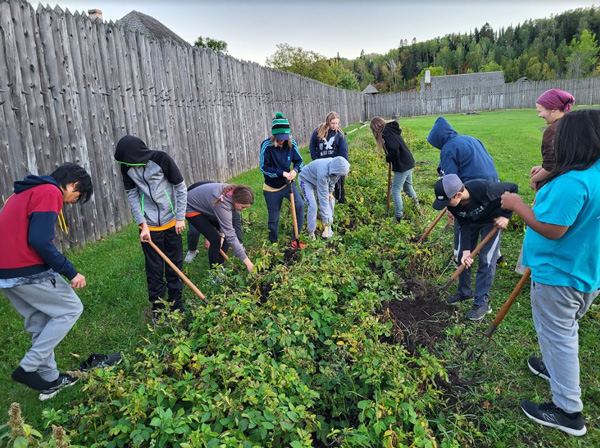Experiential learning (EL) is hands-on learning that occurs in person or virtually and provides developmentally appropriate opportunities for students of all ages to participate in rich experiences connected to the world outside of the school, reflect on the experiences to drive meaning, and apply the learning to their decisions and actions.
EL opportunities allow students to see the relevance of their classroom learning and its connection to the broader world. These opportunities also help them develop transferable and interpersonal skills and work habits that prepare them for their future and enable them to explore careers of interest as they plan their pathway through school to their postsecondary destination, whether in apprenticeship training, college, community living, university, or the workplace.
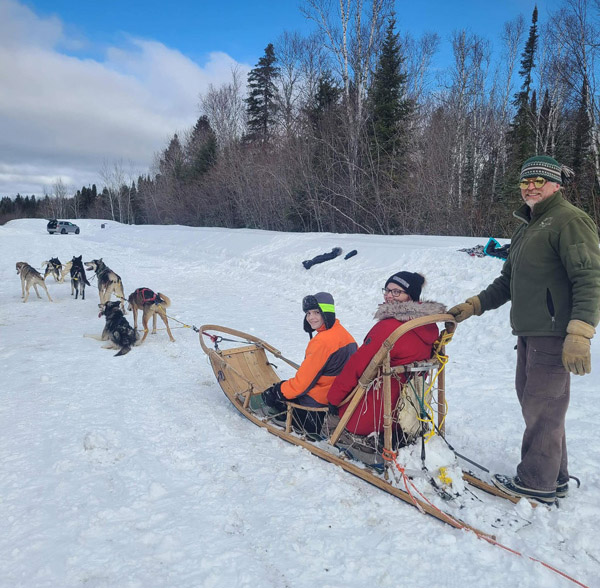
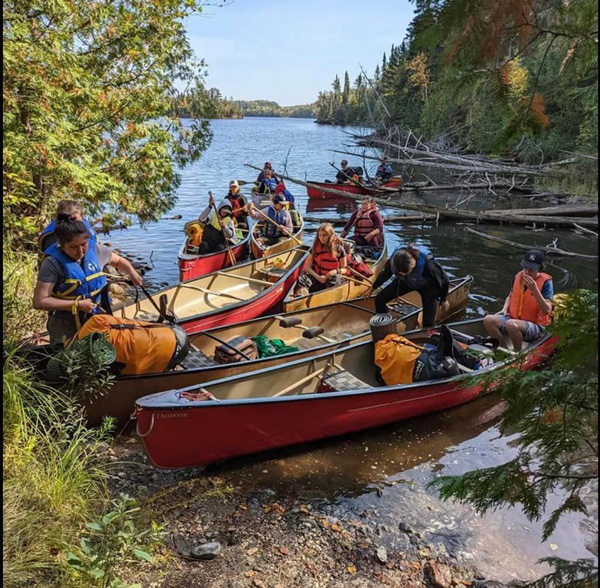
Traditionally, EL is looked at through the lens of skilled trades, the Ontario Youth Apprenticeship Program (OYAP), Specialist High Skills Major (SHSM), and Co-operative Education (Co-op), all of which provide students with opportunities, skills, and engagement that help make learning “stick.” During the 2021–2022 school year, EL at KPDSB was also explored through the lens of Indigenous education, which is inherently experiential, through outdoor and land-based learning opportunities. Land-based learning benefits Indigenous and non-Indigenous students alike. Experiences in land-based learning are rooted in relationships and community-based learning, moving from engagement for learning to empowerment from learning for students.
Project-based learning was at the centre of Experiential Learning at KPDSB. Projects ranged from career exploration to curriculum-centred learning to community-based connections. These projects covered a range of areas, including, but not limited to:
- Learning about special effects and theatrical make-up;
- Experiential Literacy through outdoor cooking;
- Harvesting wild animals with Knowledge Keepers;
- Connecting with local community partners to create a community garden; and
- Forestry and tree planting exploration with community partners.
Projects were rooted in experience and connecting with the community. Students left each of these experiences with additional positive adults in their growing networks. Research shows the importance of expanding students’ networks, as it contributes to their likelihood of gaining meaningful employment after graduation.
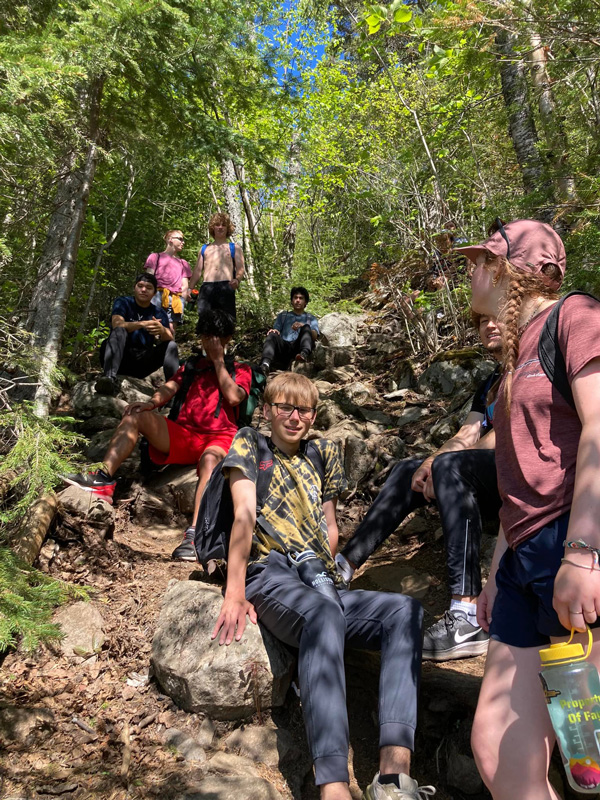
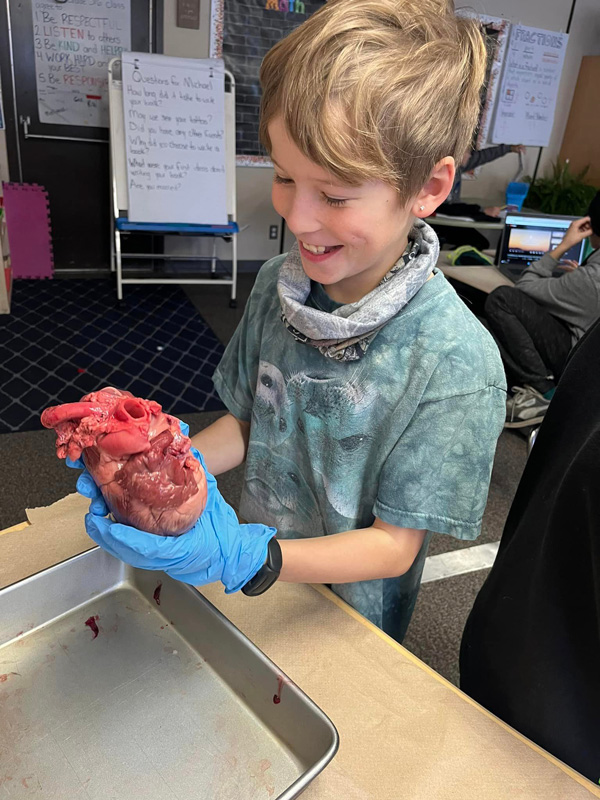
The KPDSB Experiential Learning projects supported both new and experienced educators alike. Support was provided to educators interested in adding experiential learning to their classroom practice. Learning conversations and networking allowed KPDSB teachers to share ideas, experiences and resources.
Impact on Learning
Experiential Learning creates opportunities for learning that “sticks.” Academic rigour remains a pillar in Experiential Learning work. Experiential Learning at KPDSB is not based on one-off field trips or experiences. Rather, it is focused on using the Experiential Learning Cycle, which allows students to reflect and apply their new knowledge. Reflection allows students to “think about their thinking” or use metacognition. This often leads to richer learning and results in higher student achievement.
Students document their learning during these Experiential Learning opportunities through photos, voice memos, videos, and writing. Before and after these experiences, students reflect and apply what they have learned and lean on their observations/learning to create final products and support assessment conversations.
Although Experiential Learning pedagogies are new for some educators and classes, other educators within the KPDSB have been using Experiential Learning as a cornerstone of their programs for years. Teachers invite community partners into the classrooms or take their learning outdoors and within the community. Students learn from community experts, Elders, and Knowledge-Keepers while boosting academic engagement and success for students.
Through relationship building, instructional coaching, at-the-elbow support, and sharing best practices, KPDSB schools will continue to see an increase in experiential learning. This exciting work benefits student academic outcomes and strengthens educator pedagogies. KPDSB is continuing with this work with a focus on engagement for learning, leading to empowerment from learning, through land-based, outdoor and experiential learning. We look forward to continued success in this area of learning for KPDSB.
